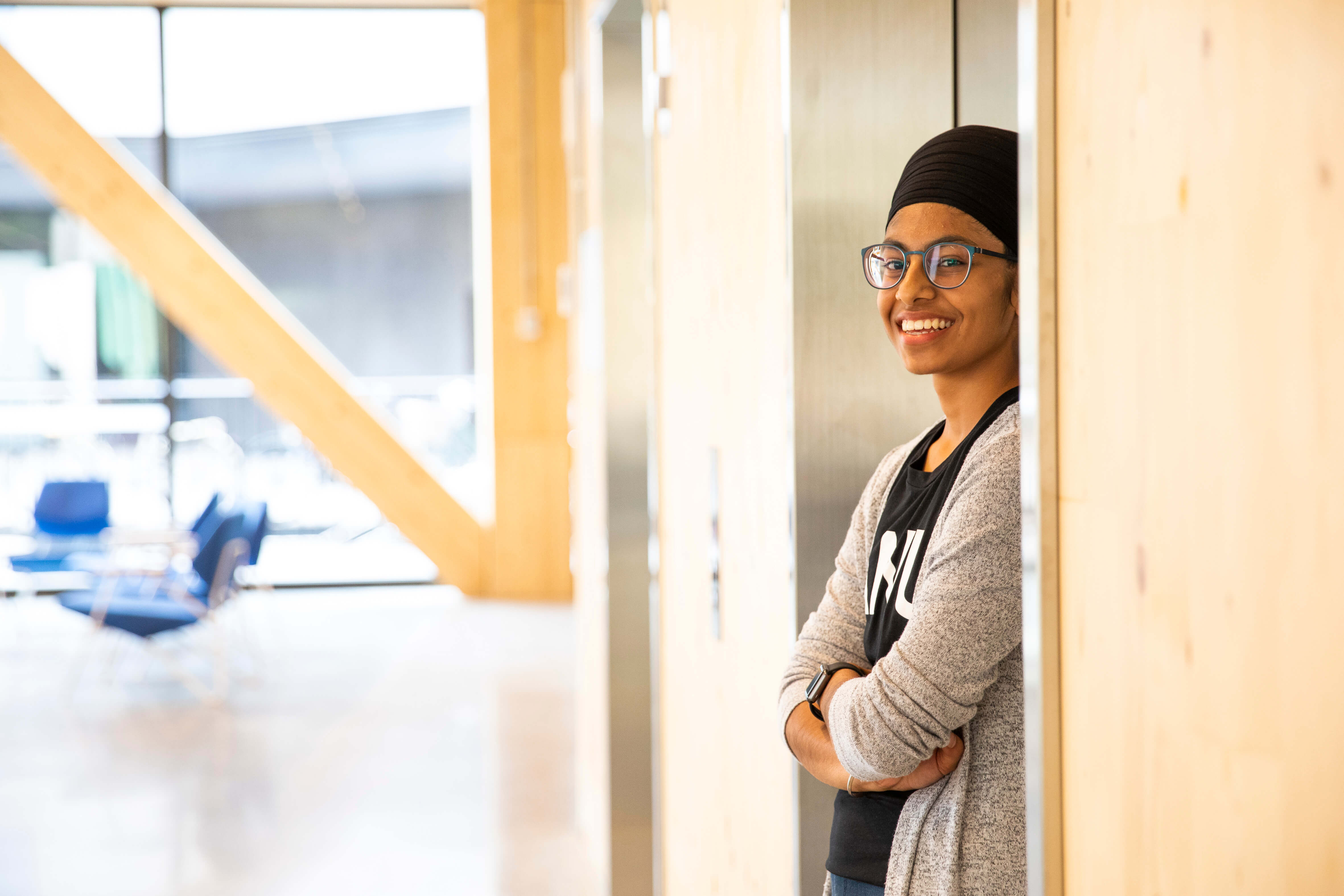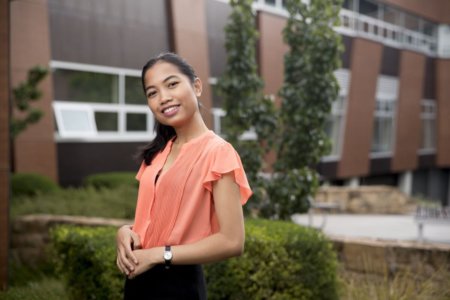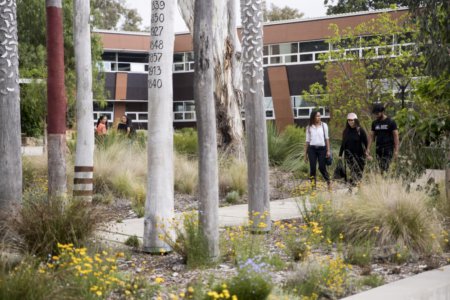A city like Canberra is special for future change makers like 26-year-old Yen Tran, from Vietnam. It was a living laboratory for the environmental resource economist when the Australia Awards Scholarship recipient lived there. What would seem like mundane measures, such as a waste management system or bring-your-own-bag supermarket policy, were “valuable lessons” to Yen.
“I think Vietnam can learn from how Australia regulates its waste management policy at the initial source. In Australia, they classify the waste by recycling and landfill rubbish. That is more optimal than Vietnam, where we classify by organic and inorganic garbage, yet still combine them in the disposal process after collecting,” she says.
For Aurelio Bucuane, 38, a macroeconomic policy analyst from Mozambique, it was the collective responsibility of Canberrans over the environment, and their sense of solidarity and kindness that stood out. “Regarding policy initiative, the social inclusion policy is something that would be quite beneficial to my country and I believe other African nations,” he says.
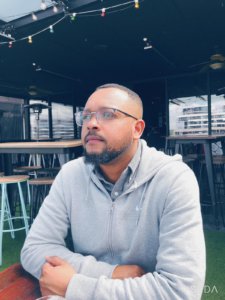
Source: Aurelio Bucuane – Australian National University, Crawford School of Public Policy
Both Aurelio and Yen are graduates of The Australian National University’s Crawford School of Public Policy. It’s located at the nation’s seat of government which never fails to impress visitors and students with its planned vistas and power corridors. Now it’s also a world-leading example of successful management of the COVID-19 pandemic.
With a Master of Environmental Resource Economics (MEREC) in hand, Yen is now contributing technical and specialist knowledge in evaluating and forming policies in her home country Vietnam. “There are now better opportunities to work and devote my career to sustainable development in Vietnam and the rest of the world,” she says.
Since graduating with a Master of International and Development Economics (MIDEC), Aurelio now has deeper quantitative and theoretical knowledge in economics. Soft skills, like communication and critical thinking, are within his current arsenal too. Combined, they give him “a profile eligible to work in any prestigious and increasingly competitive international organisation,” he shares.
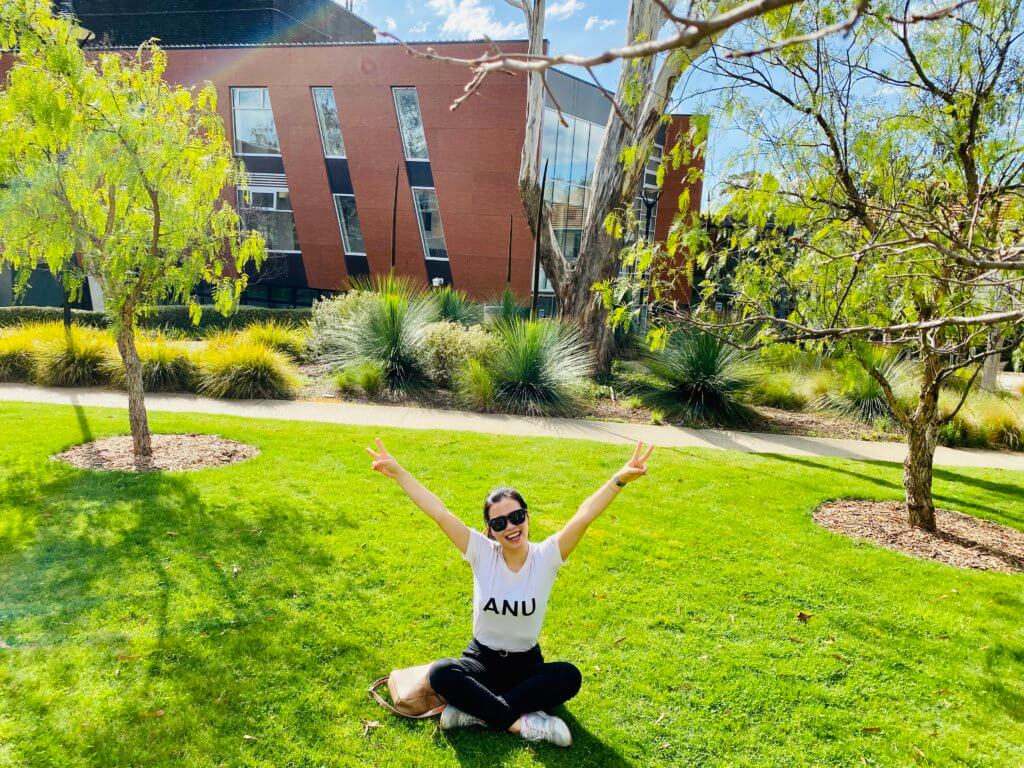
Source: Yen Tran – Australian National University, Crawford School of Public Policy
Such career trajectories are typical of graduates from Asia and the Pacific’s leading graduate public policy school. Kent Marjun Primor knew of this reputation. The 29-year-old Filipino already had two degrees from universities back home. His working experience was just as robust: years at international trade agencies and government departments.
Outcomes, however, matter to him. Solutions to social problems are urgent, and policymakers have the capacity and power to respond to them faster than academics like he could. His search for a hands-on advanced degree, with world, regional and national leaders in policy research and practice to guide him led him to the Crawford School.
Today, the Master of Public Policy (MPP) graduate is employed by the Embassy of Switzerland in the Philippines, serving as a Senior Economic and Trade Officer in charge of bilateral economic relations. He credits the Crawford School for the hard and soft skills he has now: an economist’s way of thinking and the know-how to balance economic vitality with politics. “I am also reminded of the wise words of a former professor that as we become leaders in our field, whatever we do matters. That is, to act or not act at all, is a form of response that elicits consequences for all people,” he adds.
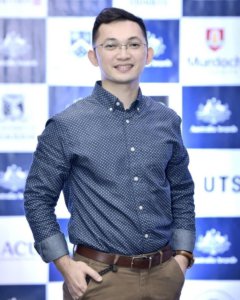
Source: Kent Primor – Australian National University, Crawford School of Public Policy
Bold, acute and evidence-based public policy will be critical in a post-COVID-19, post-Trump world. Dao Nguyen Dinh, a Vietnamese Australia Awards Scholar, believes he will be able to rely on his Master of International and Development Economics (MIDEC) to produce such forward-thinking policies his home country Vietnam will need.
Dao had a productive time while studying at the Crawford School. His academic progress here was continuous despite a catastrophic hail storm in January 2020, followed by the Orroral Valley bushfire and later, territory-wide restrictions to curb the spread of COVID-19.
When classes shifted online, Dao’s lecturers stepped up, arranging suitable times for all students and personalising presentation times so they could perform at their best. When he ran into difficulties with his research on the gender wage gap in Vietnam with foreign firms’ presence, the lecturer hosted many Zoom sessions to help. Under guidance from his professors, Dao was pushed to step beyond his comfort zone. With their support, he’s submitted papers to Agricultural Finance Review and the Journal of Economic Studies — both are under review.
“Thanks to them, my research skills, namely academic writing and analysis ability, have significantly improved after finishing my master’s course. And I can assure you that this is the most critical factor supporting me to get the PhD scholarship at The University of Queensland (UQ),” he says. “When I go back to Vietnam, I believe that the knowledge and skills I have gained at the Crawford School and UQ will support me in producing more valuable research papers that significantly contribute to useful policy recommendations for the Vietnamese government.”
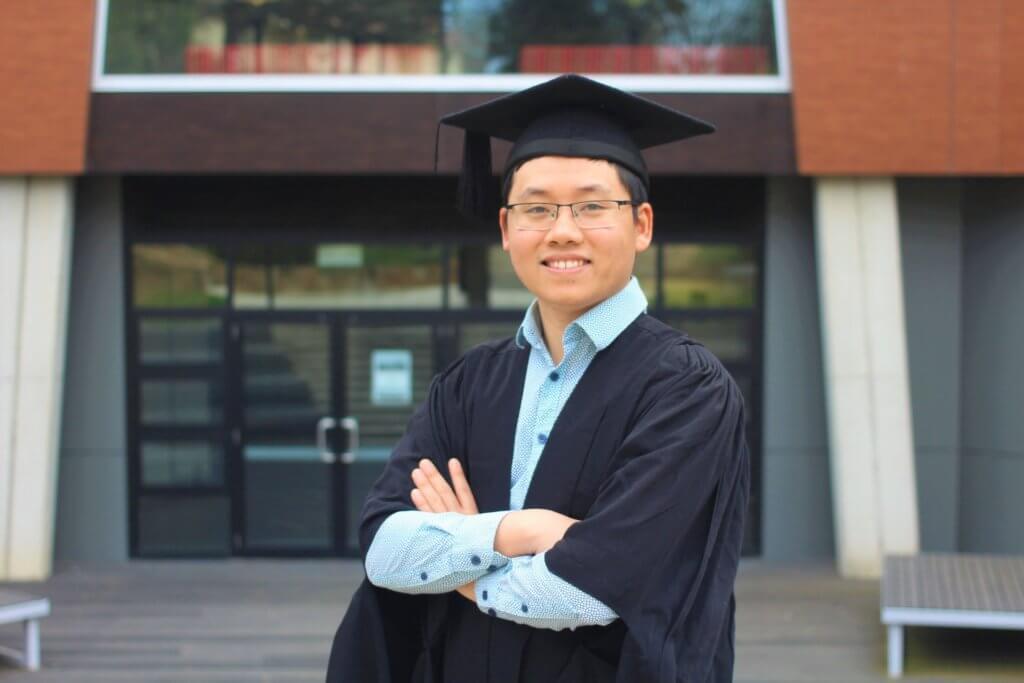
Source: Dao Nguyen Dinh – Australian National University, Crawford School of Public Policy
The same level of support was given to Wahyuni Andriana Sofa, an Australia Awards Scholar from Indonesia, who balanced her studies while caring for her family. She was supported academically, financially and personally — all of which made her experience at Crawford more memorable.
Today, the IDEC graduate is a statistician in Indonesia, equipped to excel with the hard and soft skills gained at Crawford. “Crawford School has allowed me to gain knowledge, skills and experience that help me both in my career and my life in general. The various problem sets from my course gave me the opportunity to experience challenges first-hand, teaching me to come up with the best solutions,” she enthuses.
In 2021, the Crawford School will continue with a combined model of teaching that accommodates both students studying on campus and students studying remotely. It is committed to offering high quality and interactive study experiences despite these uncertain times. Crawford’s high quality remains certain, as are the opportunities for career development, networking and flexible coursework which it creates. Students can also opt for an incremental education journey here, building from certificates — like the Graduate Certificate of Public Policy, Graduate Certificate of Public Management, Graduate Certificate of Policy Design and Analysis, Graduate Certificate of Environmental and Resource Economics, Graduate Certificate of International and Development Economics, Graduate Certificate of Climate Policy, or Graduate Certificate of National Security Policy — to master’s degrees, according to their own time, pace and commitment.
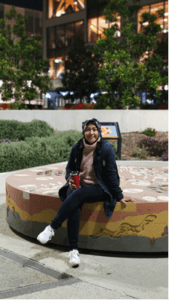
Source: Wahyuni Andriana Sofa – Australian National University, Crawford School of Public Policy
The Crawford School offers several degree options to meet various demands: Master of Public Policy (MPP), Master of Public Administration (MPA), Master of International and Development Economics (MIDEC), Master of Environmental Management and Development (MEMD), Master of Environmental and Resource Economics (MEREC), Master of Climate Change (MCLIM), and Master of National Security Policy (MNSPO).
Alongside the Australia Awards Scholarships (AAS) and other country scholarships, Crawford School has also been endowed by the World Bank with the prestigious Joint Japan/World Bank Graduate Scholarship Program (JJWBGSP) as a program partner. The participating Crawford School programs include: Climate Change; Environmental and Resource Economics; Environmental Management and Development; Public Administration and Public Policy.
The suite of programs continue to be of the highest quality. It has been deeply rewarding for the Crawford School to have played an important role in the successful international careers of many of our AAS and World Bank students and we are delighted to see this partnership continue.
Follow the Crawford School of Public Policy on Facebook, Twitter and YouTube

